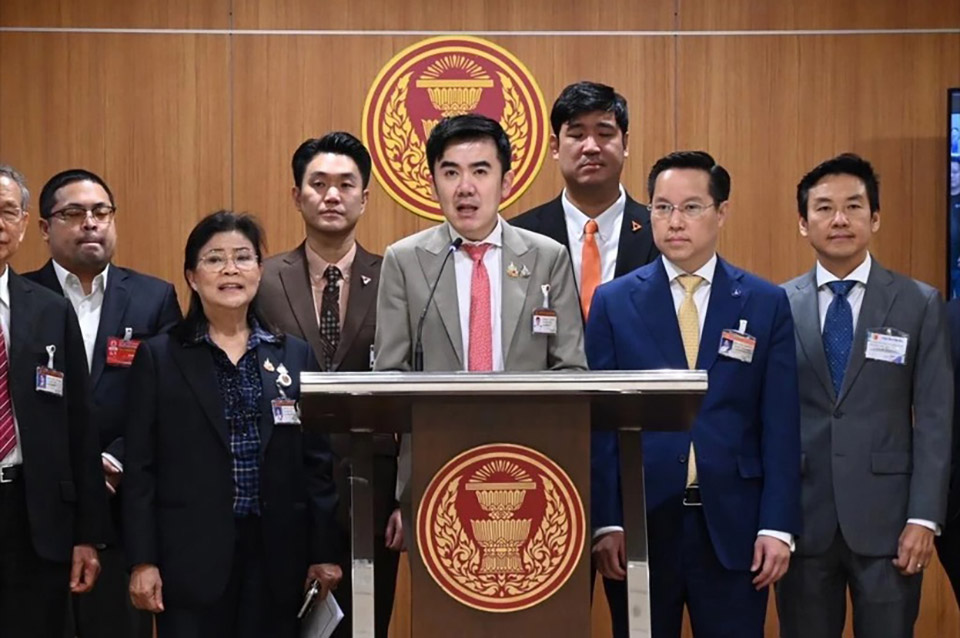
BANGKOK, Thailand – The Pheu Thai-led government moves forward with efforts to reform laws to reduce monopolies and support community liquor producers, January 1. A draft bill from the Special Committee on Excise Tax Amendments is set to be presented to Parliament later this month.
Mr. Chanin Rungthanakiat, a party-list MP from Pheu Thai and chairman of the Special Committee, announced that the committee, comprising representatives from politics, academia, government agencies, and relevant businesses, has conducted extensive consultations with community liquor producers in Chaiyaphum and Nakhon Ratchasima. The insights gathered have been used to modernize the law to align with the government’s policy under Prime Minister Paetongtarn Shinawatra to promote community liquor production.
The proposed law aims to provide farmers and small-scale entrepreneurs with greater access to licenses to produce liquor, offering not only a new livelihood but also an opportunity to add value to local agricultural products. The initiative seeks to empower rural households, elevate local economies, and enhance the cultural identity of regional liquor traditions. These efforts are also expected to boost the tourism and food industries.
The key aspects of the bill focus on streamlining ministerial regulations for licensing, enabling small-scale producers to transform local agricultural goods into high-value craft liquors. The legislation aims to foster fair competition, generate community income, and ensure product quality standards. Deputy Finance Minister Mr. Paophum Rojanasakul has expressed support for reducing bureaucratic hurdles, allowing easier access to licenses for small-scale producers while balancing societal and environmental impacts.
Additionally, the Excise Department has taken steps to amend regulations to unlock opportunities for small community liquor producers with potential to scale up to medium-sized operations. Previous restrictions, such as minimum production capacity and registered capital requirements for beer production, have been removed. This reform has already led to the growth of standardized medium-sized local liquor and beer breweries.
The new law is expected to further position Thai community liquor as a global soft power while driving overall economic growth.










